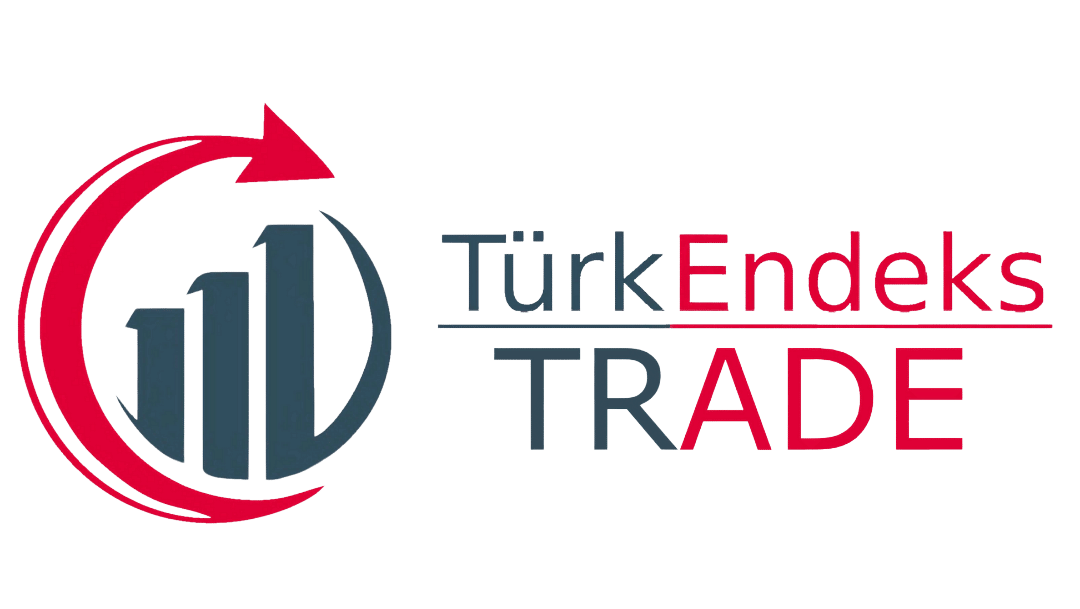The tea export of Turkey amounted to 8.5 million dollars in the first quarter
The tea export from Turkey in the period of January-March increased by 20 percent compared to the same period of the previous year, reaching 8,555,356 dollars.
In the first three months of the year, tea produced in Turkey was sold to 96 countries, autonomous regions, and free zones.
Tea exports, which were recorded as 7,107,943 dollars in January-March 2023, increased by 20 percent in the same period of this year, reaching 8,555,356 dollars.
The export quantity of Turkish tea, which was 1465 tons in the first quarter of last year, reached 1828 tons in the same period of this year.
TEA EXPORT TO BELGIUM INCREASED BY 44 PERCENT
The highest demand for Turkish tea came from Belgium, the United Kingdom, and the United States.
In the January-March period, tea worth 3,835,925 dollars was exported to Belgium, equivalent to 896 tons. Compared to the same period in 2023, exports to this country increased by 35 percent in quantity and 44 percent in value, earning 2,669,447 dollars from 666 tons.
The United Kingdom followed Belgium with 929,185 dollars, and the United States with 780,522 dollars.
Unlike the same period last year, tea was also sold to Liberia, Mauritania, Croatia, Cameroon, Gabon, Poland, Tunisia, Egypt, South Sudan, Dubai, Burundi, Brazil, the Central African Republic, Venezuela, Equatorial Guinea, Cuba, Djibouti, Angola, and Cambodia in this period.
Chairman of the Board of Directors of DKİB, Saffet Kalyoncu, told AA correspondent that they would continue effective promotional activities to reach higher export figures for Turkish tea.
Referring to target markets, Kalyoncu said, "Initially, we will focus on the markets of Europe, Turkish Republics, Middle Eastern countries, and the Russian Federation to ensure that our share in these markets reaches higher figures."
Kalyoncu concluded his words as follows:
"Now, it is necessary to abandon traditional production methods and ensure the transformation of production facilities in line with today's modern technological capabilities, to produce products suitable for the consumption preferences of each country. For this, it is important for both the Ministry of Agriculture and Forestry and the Ministry of Industry and Technology to provide support to tea manufacturing companies, most of which are SMEs and have high capital adequacy."

